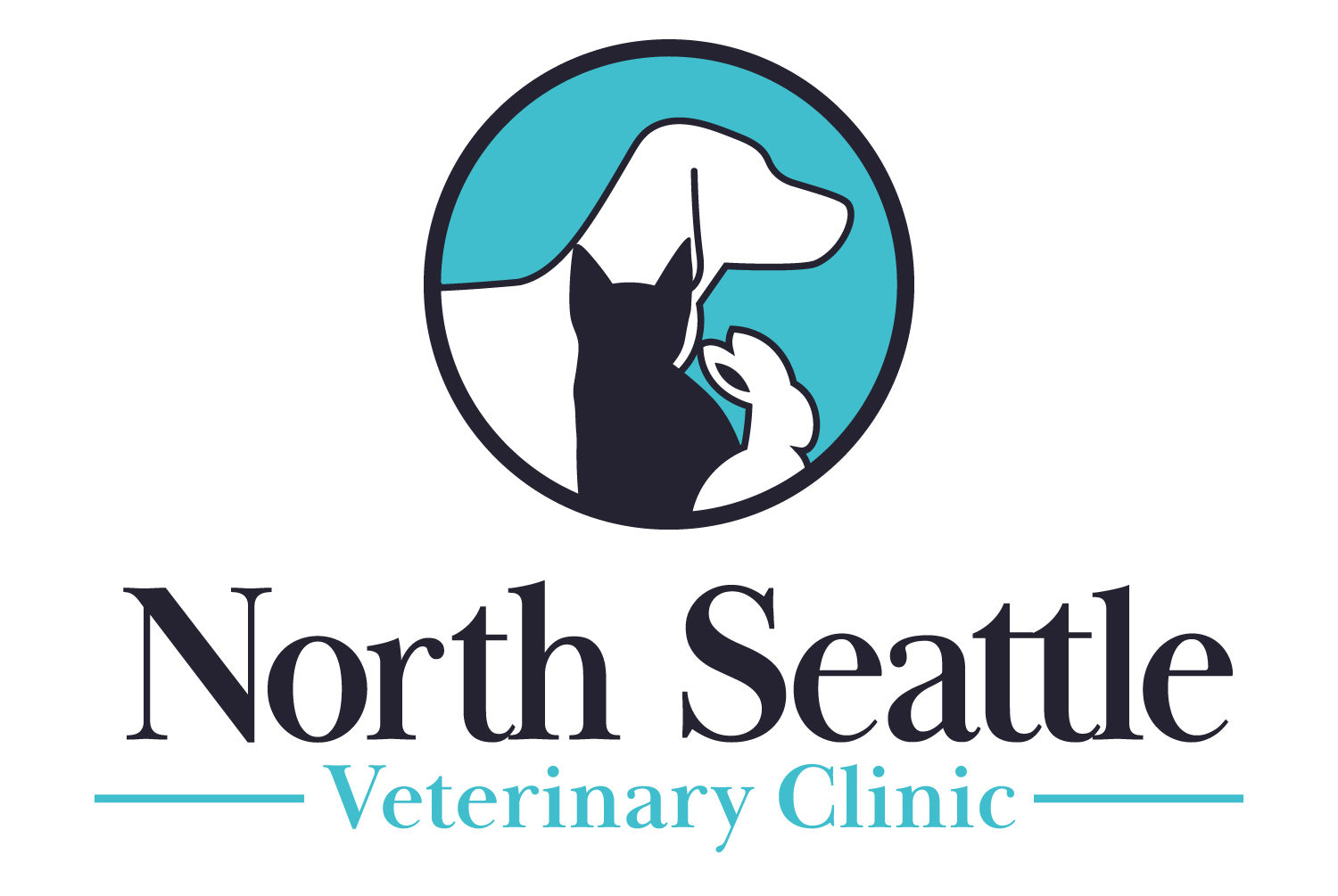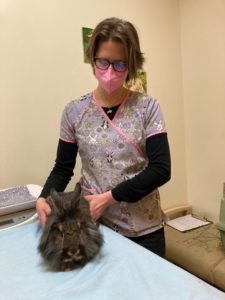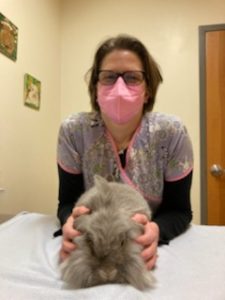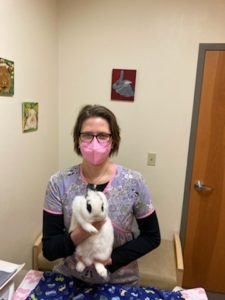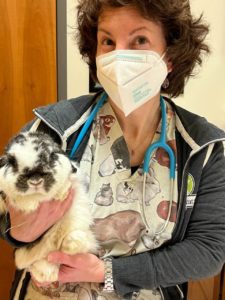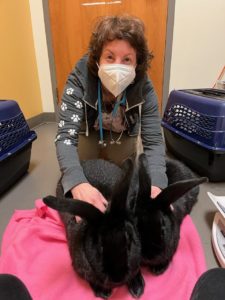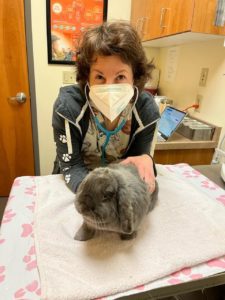WE HAVE THE MEDGENE™ RABBIT HEMMORHAGIC DISEASE (RHDV2) VACCINE! We are on a mission to get as many rabbits vaccinated as soon as possible and have started offering this vaccine during special vaccine clinic days. Our first special rabbit vaccine clinic day was a huge success (and super fun to get to see some many bunnies in one day), and we vaccinated 22 bunnies! We will be setting up more of these special vaccine clinic days, and hope to eventually be able to offer the vaccine on a regular basis.
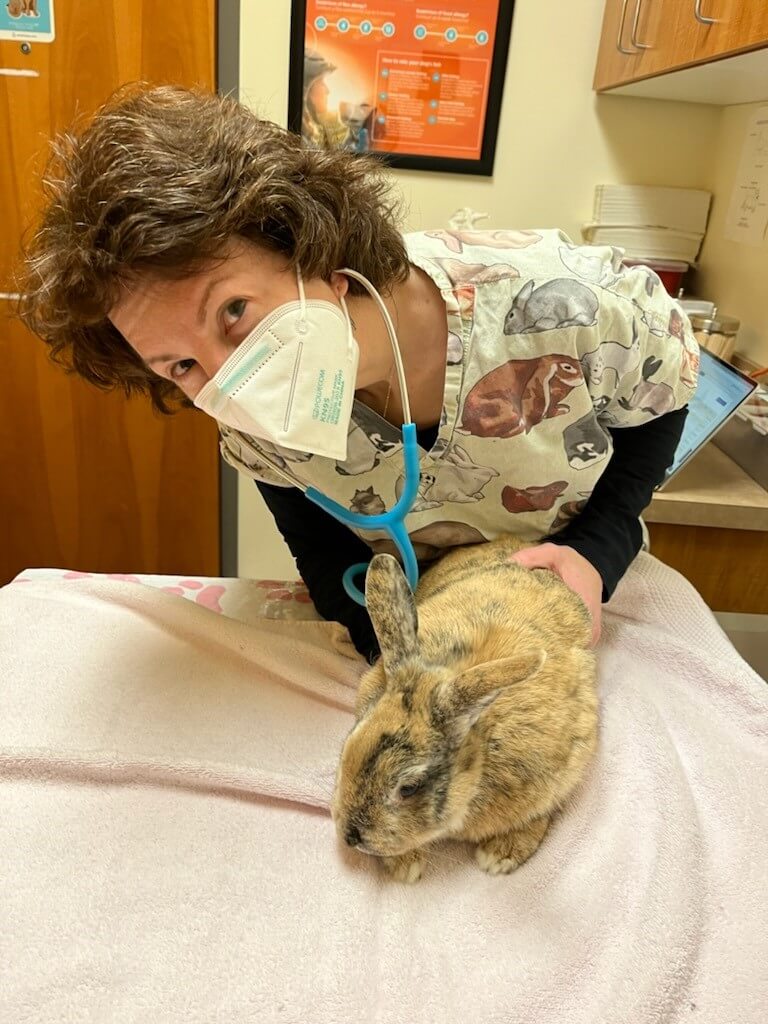
In case you don’t already know, rabbit hemorrhagic disease is a highly contagious, fatal disease in rabbits and is currently classified as a reportable, foreign animal disease in the United States. Animal health officials detected rabbit hemorrhagic disease virus serotype 2 (RHDV2) for the third time in the United States in February 2020. It has since been spreading to multiple states across the Southwest. RHDV2, unlike other rabbit hemorrhagic disease viruses, affects both domestic and wild rabbits. Infected rabbits may develop a fever, be hesitant to eat, or show respiratory or nervous signs. However, many times, the only signs of the disease are sudden death.
RHDV2 can be spread through direct contact or exposure to an infected rabbit’s excretions or blood. The virus can also survive and be spread from carcasses, food, water, and any contaminated materials. It has also been spread by insects. Because of survivability, people can spread the virus indirectly by carrying it on their clothing and shoes after being exposed to an infected animal or environment. All bad news for our bunny friends!
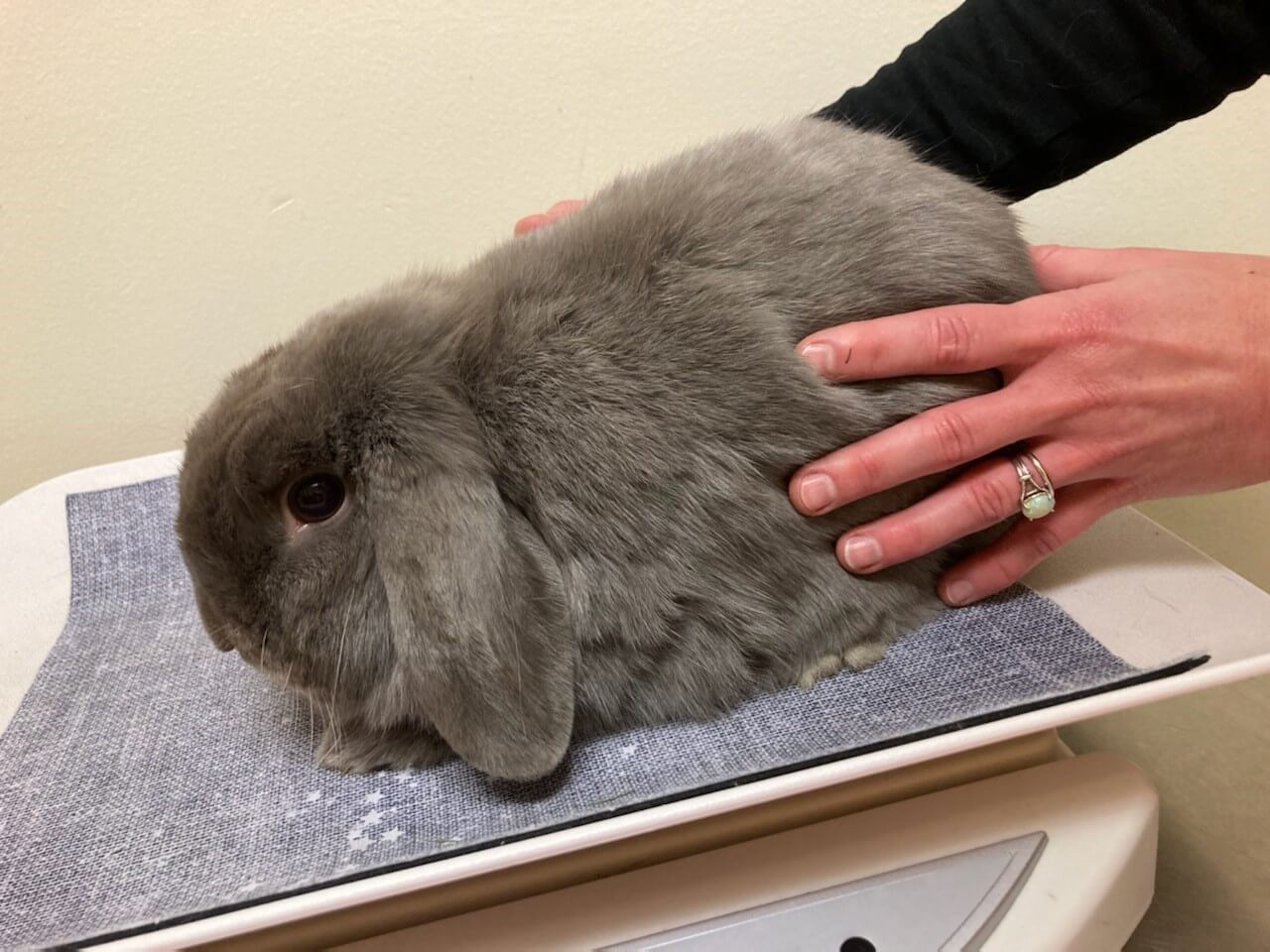
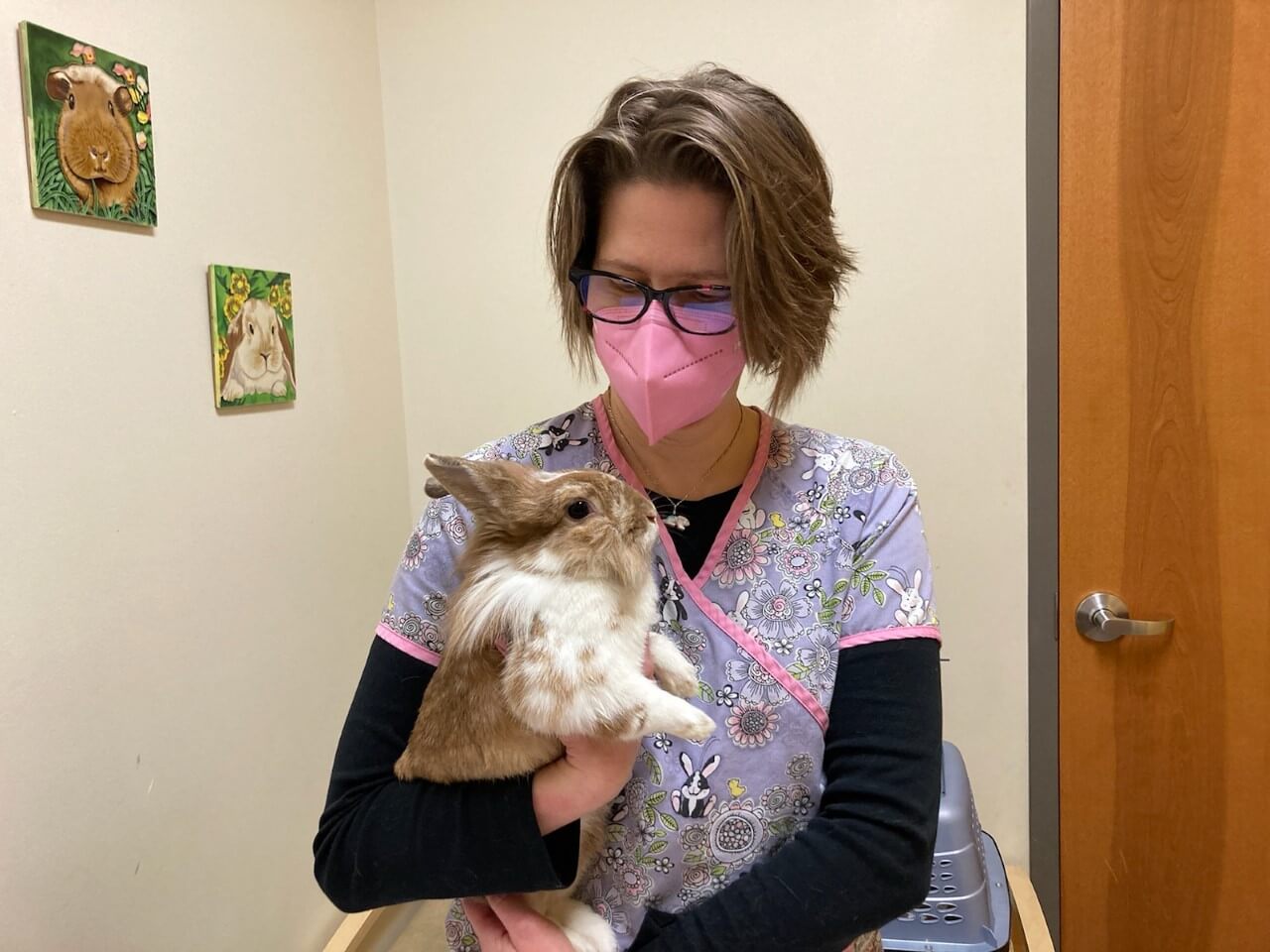
If your rabbit is an established patient and has had an annual wellness exam by a NSVC Veterinarian in the last 12 months, please keep your eye out for emails that will be sent out as the vaccine clinics become available.
